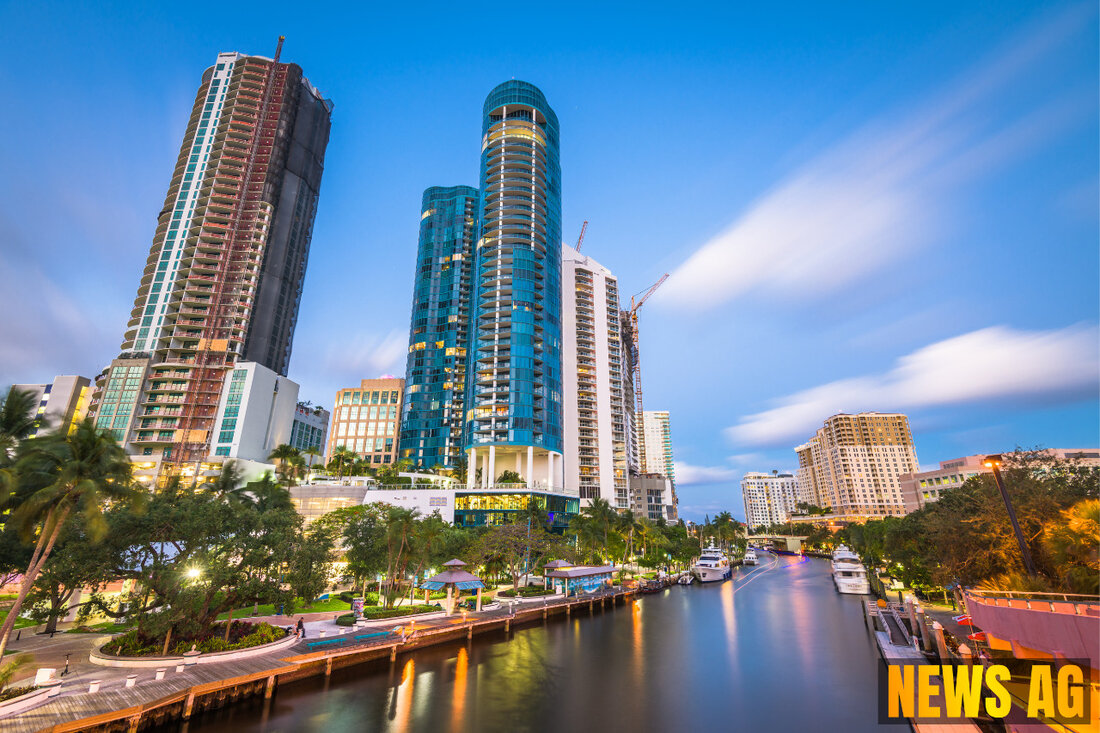Florida Lawmakers Sound Alarm on Political Overreach in University Appointments

Ocoee, Florida, USA - In a striking display of concern over the direction of higher education in the Sunshine State, three Black lawmakers in the Florida House—Reps. LaVon Bracy Davis, Ashley Gantt, and Michele Rayner—recently voiced alarm over what they describe as political overreach. In their view, this trend poses a significant threat to the integrity and independence of public universities in Florida. They argue that the integrity of educational institutions is being compromised by politically motivated appointments to leadership positions, undermining the principles of academic freedom.
The lawmakers specifically highlighted several appointments that raised their eyebrows. These include Richard Corcoran as President of New College of Florida, Jeanette Nuñez as President of Florida International University, and Marva Johnson as the head of Florida A&M University. They noted that Johnson’s appointment, in particular, faced strong backlash, with students protesting what they viewed as a lack of transparency and dismissiveness toward their concerns. It’s worth mentioning that many feel such decisions reflect a disturbing pattern of politicization rather than adherence to academic merit.
Concerns Over Leadership Choices
The dissenters also voiced strong opposition to the appointment of former U.S. Senator Ben Sasse as President of the University of Florida, pointing out his insufficient experience in academic leadership and his alignment with controversial policies termed as „anti-WOKE“ and „anti-DEI“ (Diversity, Equity, and Inclusion). This is significant as DEI frameworks are intended to foster representation and fairness, yet their existence is becoming a hot-button issue across universities nationwide. The lawmakers contend that Sasse’s presence has done tangible damage to UF’s reputation and the quality of education offered there.
Interestingly, the appointment of Santa Ono as a finalist for the UF presidency was sidelined, allegedly due to political figures expressing public opposition to his views on critical topics such as DEI and climate change. The Board of Governors, largely appointed by Governor Ron DeSantis, reportedly questioned Ono extensively on these subjects before deciding against him. This example is sobering and speaks to a broader narrative of increasing political interference in educational governance.
The lawmakers argue that the problem is not about individual personalities but rather the overarching process of engagement and governance. Efforts to involve students and faculty in presidential search committees have been stymied, as seen in stalled legislation that was initially backed by the House but later died in the Senate, despite DeSantis signaling he would veto it. This lack of transparency shines a light on the growing concerns regarding how higher education institutions are being governed in Florida.
A Broader Landscape of Political Pressure
As the Florida legislators express their concerns, what’s happening here reflects a wider national trend. According to diversity.com, higher education has increasingly become a political battleground, with public and private institutions facing mounting pressure to revise curricula and eliminate diversity programs. This has been further complicated by a legislative environment that seeks to restrict discussions on race, gender, and other sensitive topics under the banner of promoting „viewpoint diversity.“
Florida’s own Stop W.O.K.E. Act, which prohibits teaching that may induce feelings of “guilt” or “anguish” based on race, is illustrative of this trend. Such regulations have led to course cancellations and major syllabus overhauls across the state. Unfortunately, Florida is not alone; many states are enacting laws that curtail academic freedom in the name of political alignment, affecting hiring practices and even the essential mission of universities to promote inclusive dialogue.
The American Association of University Professors (AAUP) has chimed in on the matter as well, noting that political interference has escalated significantly, particularly in states like Florida, North Carolina, Tennessee, and Texas. This interference often manifests through legislation that not only limits the teaching of critical concepts but also undermines faculty rights and the essential role of universities as bastions of free inquiry.
As we reflect on the current landscape of higher education in Florida, where political allegiance increasingly seems to dictate leadership choices, one cannot help but wonder: what does the future hold for our universities? Will they remain the sites of diverse thought and inquiry, or will they succumb to the pressures of political maneuvering? The discussion is just beginning, and it is one that all stakeholders—students, faculty, and lawmakers alike—need to engage with moving forward.
| Details | |
|---|---|
| Ort | Ocoee, Florida, USA |
| Quellen | |
